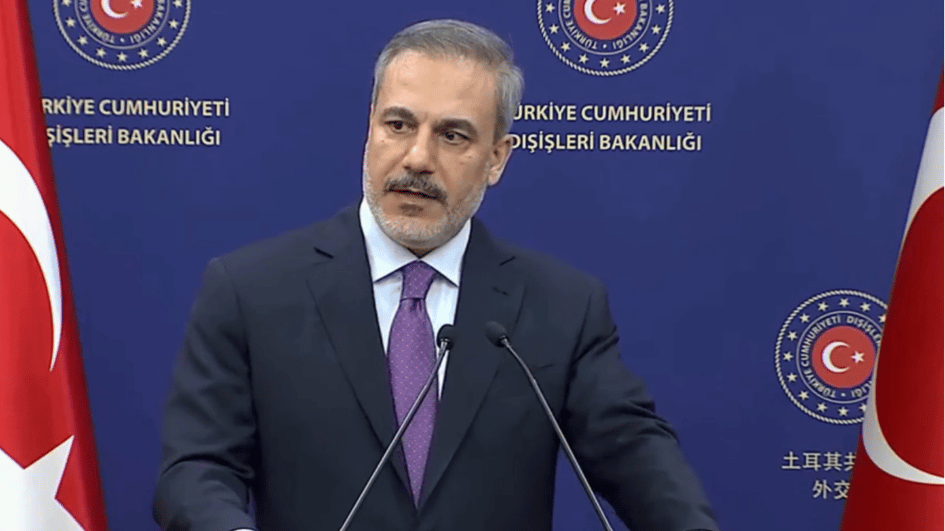Cyprus gamble
Turkey is in some strange efforts on Cyprus. Some odd reports are casting doubts on the psychological and mental wellbeing of the Turkish foreign policy team. Over the past decade Turkey’s having a pro-negotiations approach and a pro-settlement mentality is of course very important and deserves all praise.
It is no fact that there is a rather strange “motherland” and “kinderland” state of affairs between Turkey and northern Cyprus. At least for some 65 percent of Turkish Cypriots any settlement on Cyprus must address not only expectations, desires and the needs (including security) of the “Turks of Cyprus” but must cater as well to the interests of Turkey. Without Turkey and its immense contributions, Turkish Cypriot people would have long vanished on Cyprus; or Cyprus would long be converted into a second
Crete by Greek Cypriots with the Turkish Cypriot people either migrating out or totally annihilated. The recent history of Cyprus testifies to this bitter fact irrespective of how strongly we might believe today that in EU-member
Cyprus no such things can happen again. Turkey’s support for Turkish Cypriots has been of existential importance and mass graves testify to this.
Yet, northern Cyprus is not Turkey and an overwhelming majority does not have the intention, put aside demand, of joining Turkey in any form. Turkish Cypriots are already fed up with the present “protectorate” style relationship that provides them an advanced degree of sovereignty despite all odds. Talking of a Hatay model of Cyprus is off the cards for Turkish Cypriots even though there might be almost an equal number of Hatay Turks living on the island, altering the demography of the eastern Mediterranean island. North Cyprus is not another Hatay.
All through the post-1963 official, non-official, proxy or direct talks with the Greek Cypriot side, Turkey has always supported the Turkish Cypriot side, sat in talks along with Turkish Cypriots. Often proposals were prepared at the Turkish Foreign Ministry, many times discussed together but each and every time proposals were made to the Greek Cypriot side directly, or through intermediary U.N. or other third parties by Turkish Cypriots. One exception was the early stages of the Annan plan period when Ankara discreetly negotiated with the U.N. team assigned for the process.
Now, the U.N. is reported to have been in preparations for a last ditch effort before declaring the failure of the process. Instead of taking its proposal to the two sides on the island, however, the U.N. team is considering getting Ankara’s approval first. Why? Because just to achieve the resumption of talks Ankara undertook something awful; getting into contact with Greek Cypriots, with the U.S. embassy in Cyprus serving as the go-between. According to Haravgi and Fileleftheros papers (25 Jan. editions) Turkey has offered it a compromise formula according to which the Turkish side would accept “single sovereignty” in exchange of Greek Cypriots agreeing to make a reference to the 1960 guarantee scheme in a Cyprus accord…
Sounds good, does it not? But, has Turkey accepted Greek Cypriot demands for direct talks? Can Turkey indeed bypass Turkish Cypriots? Or, has Ankara accepted Turkey is an occupier on Cyprus and started talking conditions of withdrawal with the “legitimate” government of the “entire island”?
Having a shortcut in Cyprus with a pro-settlement approach might appear praiseworthy for outsiders but is it sane for Turkey’s Foreign Ministry to have such adventurist moves? There ought to be at least some nuances between being pro-settlement and pro-actively supporting resumption of talks and undertaking uncalculated risks, abandoning fundamental positions and engaging in sheer gamble despite being aware of the absolute looming failure.











